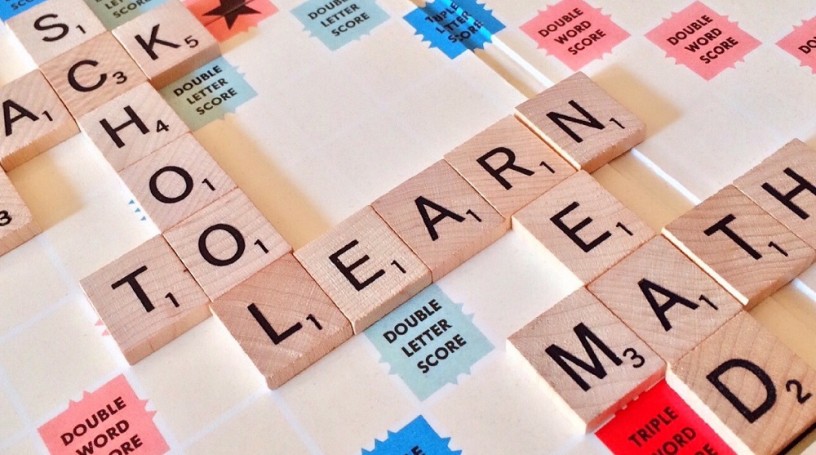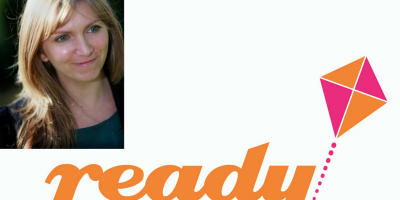When assessing the process of learning, we are so often concerned with the content and not the form. But – as educational research has shown – it is in considering the how, and not just the what, that educators are able to really fine-tune the effectiveness of their approaches.
There is no ‘right’ way to learn, but one thing is clear: students learn most efficiently if they are familiarised with a range of different learning styles and then guided on when, and how, to apply the style that is most suitable for each particular task.
Peter Honey and Alan Mumford expanded on Kolb’s experiential model to develop four categories of learning, suggesting that most students will only use one or two of them. They designed a questionnaire to help learners identify their preferred styles, which are grouped as follows: activists; reflectors; theorists; and pragmatists. Keep reading to find out a little more about the four styles and the types of learning preferred by each.
Activists
Perhaps unsurprisingly, activists learn by doing. They are daring and will ‘try anything once’, preferring new experiences to tried-and-tested routines.
Activists learn best when they are:
- Thrown into a challenge without preparation.
- Involved in a new activity or presented with an unfamiliar problem.
- Working as a team.
- Leading a team.
- Problem-solving via activities, such as games or role-playing.
Activists don’t respond well to:
- Activities that demand lengthy periods of intense concentration. Being asked to listen to long lectures, read lengthy materials, or analyse reams of data, will not inspire an activist.
- Being asked to follow precise instructions.
Reflectors
The opposite of activists in certain ways, reflectors learn through quiet observation and intensive reflection. Reflectors like to think about a problem from every angle before making a decision.
Reflectors learn best when they are:
- Given time to reflect and consider before taking any action.
- Allowed to observe or investigate.
- Provided the opportunity to review all historical data.
Reflectors don’t respond well to:
- Leadership roles.
- Being forced to make snap decisions.
- Feeling rushed.
Theorists
Theorists learn in a thorough, yet slightly abstract way. They respond well to models and concepts, as well as facts. Highly logical, they like to analyse and ‘work through’ problems in a clear, concise manner, and balk at anything they deem to be subjective.
Theorists learn best when they are:
- Participating in an activity that is structured, backed up by a system/theory, and has a clear purpose.
- Given the opportunity to ask questions and flesh out a concept.
- Challenged to understand complex models or situations.
Theorists do not respond well to:
- Activities that are deemed to be too fluid and without a clearly defined end goal.
- Being asked to make snap decisions without being thoroughly acquainted with supporting information and background theory.
- Being asked to approach scenarios from an emotional viewpoint.
Pragmatists
Keen on the practical application of knowledge, pragmatists like to learn through experience. They are innovative yet impatient (particularly if they feel conversations are too theoretical and open-ended).
Pragmatists learn best when:
- There is a real-life problem that is clearly served by the learning topic.
- They can learn from a practical example.
- They are encouraged to try things out and gain first-hand experience of a technique.
Pragmatists do not respond well to:
- Being asked to perform a task without clear guidelines.
- Being asked to perform a task that serves no apparent, practical purpose.
- Any task that appears purely ‘theoretical’ and without boundaries.
If you work in education and are trying to find new ways to engage your classroom, look no further. Crowdfund Campus’ unique offering – comprising a live crowdfunding marketplace and Sandpit simulation tool – encourages creative problem-solving and nurtures different types of learning. Contact us today to learn how our innovative platform can help your students.





Leave a Reply